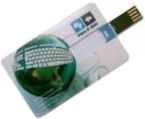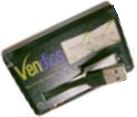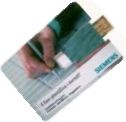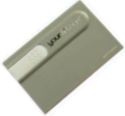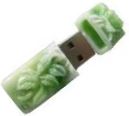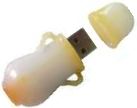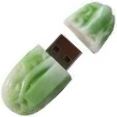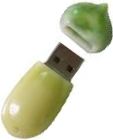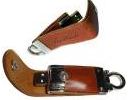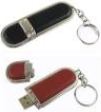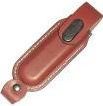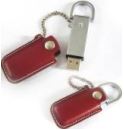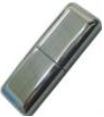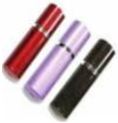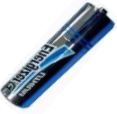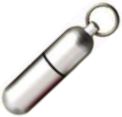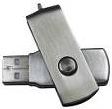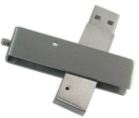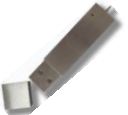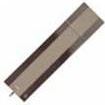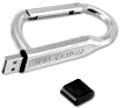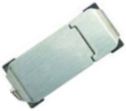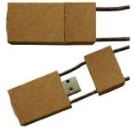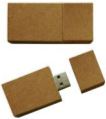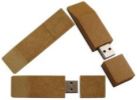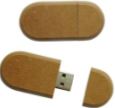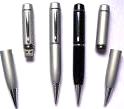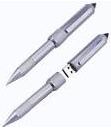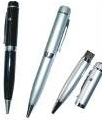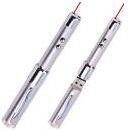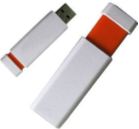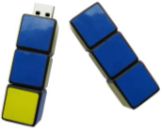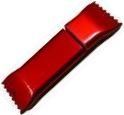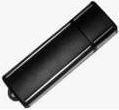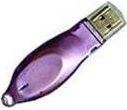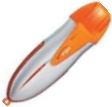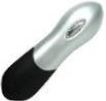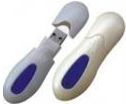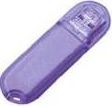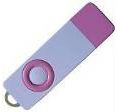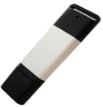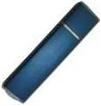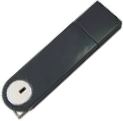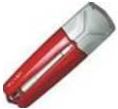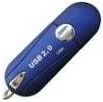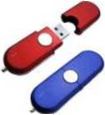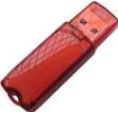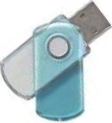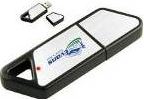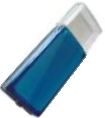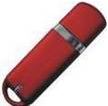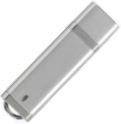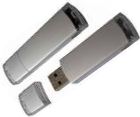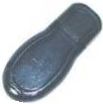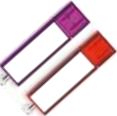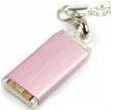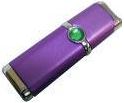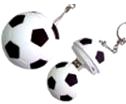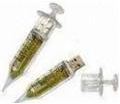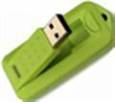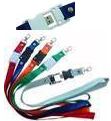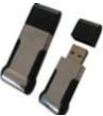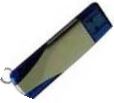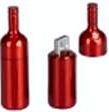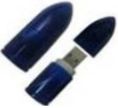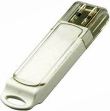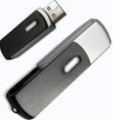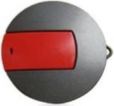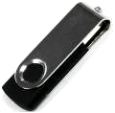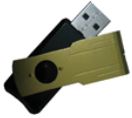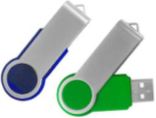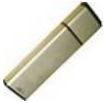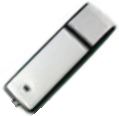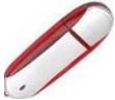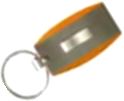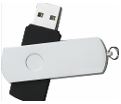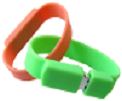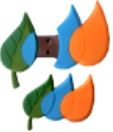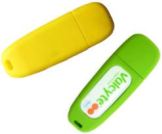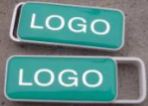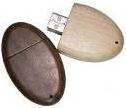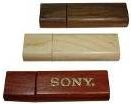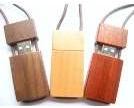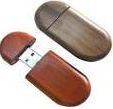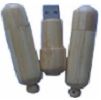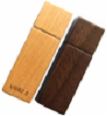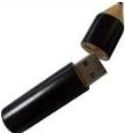USB Duplication
Flash / USB Duplication and Transfer
What and Why Flash Duplication?
Flash duplication (also known as memory card or USB duplication) is the process of copying data such as music, video, software and marketing material onto digital memory cards e.g. USB drives. These memory cards can be used in devices such as computers, MP3 players, PDAs, GPS, camera phones etc.
Click here for an obligation free quote.
Printed and loaded USBs are one of the most effective promotional products available. They are highly portable and are available in a huge range of styles, shapes and colours. Corporate branding with your logo, service offerings and/or contact details offers a nice final touch.
Flash drive capacity ranges from 512k (rare now) to 128GB and even 264GB. They are extremely durable, most with data retention guarantees of 3-10 years.
USB/Flash/Memory Stick Services
CD-ROM Services offers a full range of memory stick services including: Transfer of DVDs and CDs to USB Drives, design, manufacture, print, duplication and distribution services for memory cards, flash memory, smart media, mobile memory, SD and USBs.
Hard drive duplication is also available and includes unpacking and repacking the hard drives duplicated.
We can duplicate onto all memory cards including: USB, SD, SD-ULTRA, SDC, MMC, HS-MMC, RS-MMC, MINI SD, T-FLASH SM, Xcard. CF-TYPE I, CF-TYPE II, CF-ULTRA II, Micro DriveMS, MS(Magic Gate), MS-PRO(Magic Gate), (Magic Gate), MS-PRO-DUO(Magic Gate), *HS-MS-PRO-DUO(Magic Gate)
CD-ROM Services Pty Ltd are pioneers in memory card or Flash memory duplication and created the Xcard flash duplicating software which has been sold worldwide to duplicating services.
We do not keep stock of any flash media, ordering as needed, as prices are unstable (presently rising due to shortages through increased demand) and capacity rising almost daily. We usually only SUPPLY IN MINIMUM QUANTITES OF 50, although there is NO MINIMUM QUANTITY FOR FLASH DUPLICATION or transfer from DVD and Cd to USB.
Autorun, password protection, copy protection and bootable, are all available for Flash, sometimes requiring special brands and extra cost. See our USB Samples Gallery USB pricing for supply, duplication & printing.
Flash Grade/Quality
Flash is available in different qualities. SCANDISK are the largest and best known manufacturers who also claim probably rightly to supply only AAA Grade. Many other manufacturers also claim, probably rightly, to supply only AA Grade. The problem is that too many AA Grade suppliers only supply a limited shape and colour range and often only with the manufacturer's logo already printed.
So if you want customised USB sticks, you will usually have to settle for A which are very good quality and suitable for most uses, except critical life support applications.
Not every application needs AAA grade, same as not everyone can afford or needs a Rolls Royce.
CD-ROM Services verify every stick that they duplicate, and where absolute reliability is important, for only a small extra cost, re-verifying a second time on another day. This ensures that the data appears safely on every flash card and that the card has retained the data.
There are several types of flash cards. Details of each are described below.
Secure Digital Memory Cards (SD)
SD are the most popular of the small cards. They are used in computers, phones, cameras, PDA's, video cameras, GPS, games and more. They are available in sizes of 1GB, with 2GB, 4GB, 8GB 16GB and more. Loading speed varies from 80x to 150x, which is not material except for special high capacity needs. For computers, PDA, and GPS applications standard speed will usually be sufficient.
Micro Secure Digital Card (Micro SD)
These are the very small Flash cards, popular in phones, which need to be inserted into an adaptor the size of the SD card for duplicating, making them expensive to duplicate.
Compact Flash Cards
These are probably the second most popular Flash cards. They are a square shape. Their sizes range from 1GB to 32GB.
Memory Stick Pro Duo & Memory Stick Micro
These are used in Sony devices.
Press Release...
CD-Rom Services provides Flash duplication to the NSW Electoral Commission
"...The NSW Electoral Commission purchased about 2,500 Palm EZ PDAs, and internally wrote software to manage the 4,300,000 voter's names. 2,500 512Mb and 1GB SD memory sticks were then duplicated by CD-ROM Services Pty Ltd in Sydney in 3 days. Within a week of the roll being finalised, the PDAs were in the hands of the electoral officers..." Full article...
Flash / USB Technical Information
What is Flash?
Flash memory such as a USB stick consists or 4 parts. These include the:
- memory chips
- controller card
- case
- connectors
Product from an unidentified supplier can have a mixture of controllers and wafer sizes.
There are different sizes and densities of wafers - each holding large numbers of 'chips' that are then assembled into flash memory chips.
All wafers are tested by the original manufacturer to determine what they deem to be acceptable and not acceptable for production i.e. they test for read speed, write speed, reliability, current leakage etc. Each has their own testing and each manufacturer will accept or reject based upon their own requirements.
Ordering Flash / USB sticks
- Standard is 2 colour print. Up to 4 colour print available.
- USBs can ship with a lanyard or key ring or USB extension cable and velveteen bag or special packaging.
- Standard delivery time from order is 2-3 weeks. Faster turnaround possible. Contact us for more information.
- We can design and supply special shapes and colours.
Technical Features:
- USB 2.0
- Password protection may be available on request, but can be costly.
- We can protect some of the data either permanently in ROM or temporarily by locking files.
- Drive partitioning may be available on request.
- Support for Windows 10, 8, 7, Vista, XP & Win 2000. Note: Windows 98 does not support Flash.
- Capacities available: 512MB / 1GB / 2GB / 4GB / 8GB / 16GB / 32GB / 64GB / 128GB
Types of Flash
There are lots of different types of flash technologies, the two most popular are multi-level cell (MLC) and single-level cell (SLC). MLC is cheaper than SLC but it has certain technical disadvantages. However, these issues only really apply to mission critical applications and high end industrial applications.
Who makes Flash?
There are a limited number of flash chip manufacturers, with Samsung the biggest, followed by Hynix, Toshiba and few smaller companies like ST Microelectronics, Micron to name a few.
SanDisk is the biggest Flash/USB card manufacturer in the world, and they are unique in that they are probably the only company who control all production elements, manufacturer of flash, design and production of controllers and assembly.
SanDisk are strategically partnered with Toshiba and they share fabs (fabrication plants) - this is where the chips are made.
The above information has been supplied by Paul Norbury, MD of Cardwave Services Ltd, UK, world leaders in Flash technology.
Flash quality & availability
It is likely that Flash cards sold by a well known manufacturer such as SanDisk are of an AAA grade quality, and you get what you pay for. That being said, in most cases where the memory sticks are used as "promotional give-aways" this does not matter. However low grade flash can be over or under-size, meaning that the master can hold more data than most of the supplied flash, causing problems when duplicating. A small number of Flash can pass all write and read tests when duplicating, but when removed from the computer they may not retain the data. If the data is critical, specify only Grade A cards. An alternate saving can be to use grade A-cards, and re-verify each card on a different day. This will ensure that the card is capable of retaining data.
'Good flash' that has passed the original manufacturers test is commonly known as grade A. The 'rejects' are commonly known as grade B. We have even heard some companies refer to grade B minus, but there is no industry wide 'test' that is used to determine an A from B
Flash chips are a commodity traded on the world market every day, just like every other electronic component. Price reflects supply and demand.
With Flash sales increasing all the time, most of the A stock is allocated to cards or for embedded application, hence there isn't a great deal on the spot market. If you are a manufacturer and you want to use A grade, then you will normally have an allocation and have multiple sources of product.
The big manufacturers don't use the B stock, instead they are released for sale on the spot market.
Plenty of companies trade in these products and just because they are B grade, does not necessarily mean they are poor quality and not fit for purpose as it ultimately depends on the purpose! Some flash might be good for average use if it is built with a good controller and sold properly. The trading company doesn't imply it's good for mission critical apps or that it will last for 10 years!
The reality though is that top class manufacturers chose not to use components that they deem to be sub-standard, but there are companies who do not think this is a problem.
Too many independent suppliers are competing with each other for sales hence they buy cheap, build cheap and do whatever they can to lower costs. They do this by using B flash (sometimes up to 60% cheaper, but is does change every day), using a cheaper controller and generally doing the things that top class manufacturers will not do.
Most USB Flash Drive manufacturers have several bills of materials so they can use different components depending on what's available. Some are much better than others and the vast majority purchase the same housings from the same manufacturers, hence products from lots of different companies can all look the same, but technically they can be very different.
There is a market price for flash, whether it is an SD card or a USB Flash Drive. If the price is too cheap, then ask why and probably stay away from it for critical applications.
USB quality - VERY IMPORTANT
The pricing quoted for loading or duplicating supplied Flash/USB cards is based on the media supplied of being good quality.
Even then please supply a some extra media,
as there are usually about 1% to 5% of media that will be faulty and cannot be loaded. Since we verify all
loaded data, if the data is not loaded properly our duplicating equipment will show any errors in loading.
There are very many small factories in China who supply USB and Flash memory cards. Many of these factories buy the cheapest quality materials to keep costs low.
When a lower quality material is used, the USBs may not load first time, or have to be formatted several times before they might accept data.
The bigger problem is that the data leaks out of low quality USB sticks, so although they may pass all the quality tests, after a few hours, or even weeks the data disappears and is unreadable.
When CD-ROM Services supplies USB media, we source it from a quality supplier, who supplies not only ourselves but several other members of the International Disc Duplicating Association world-wide.
Should our suppliers quality not be to standard, we would each let the other Association members know, so we can be sure that our supplier maintains the highest standards.
If you are supplying SD cards, the very small cards that are used in phones and cameras, please check with us that your SD cards are compatible with our equipment, and that they will be compatible with your users equipment, as there are new specifications and sizes that may not be compatible with both our and your clients readers.
